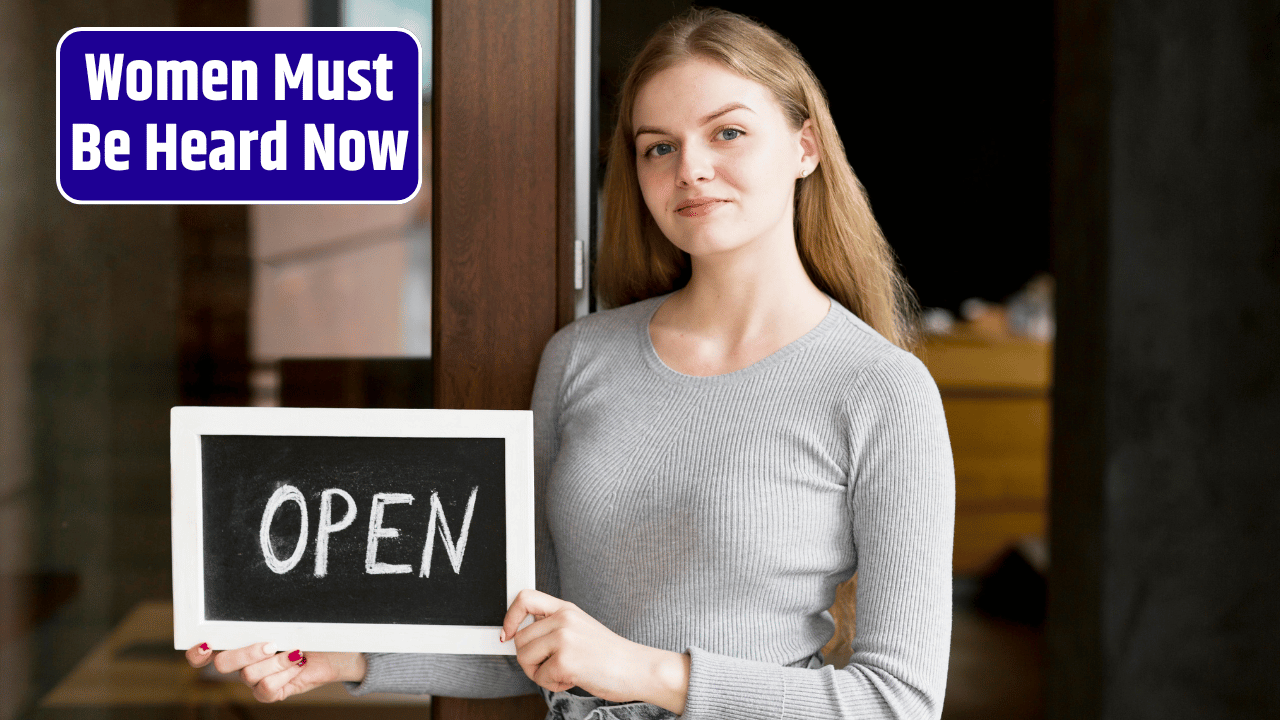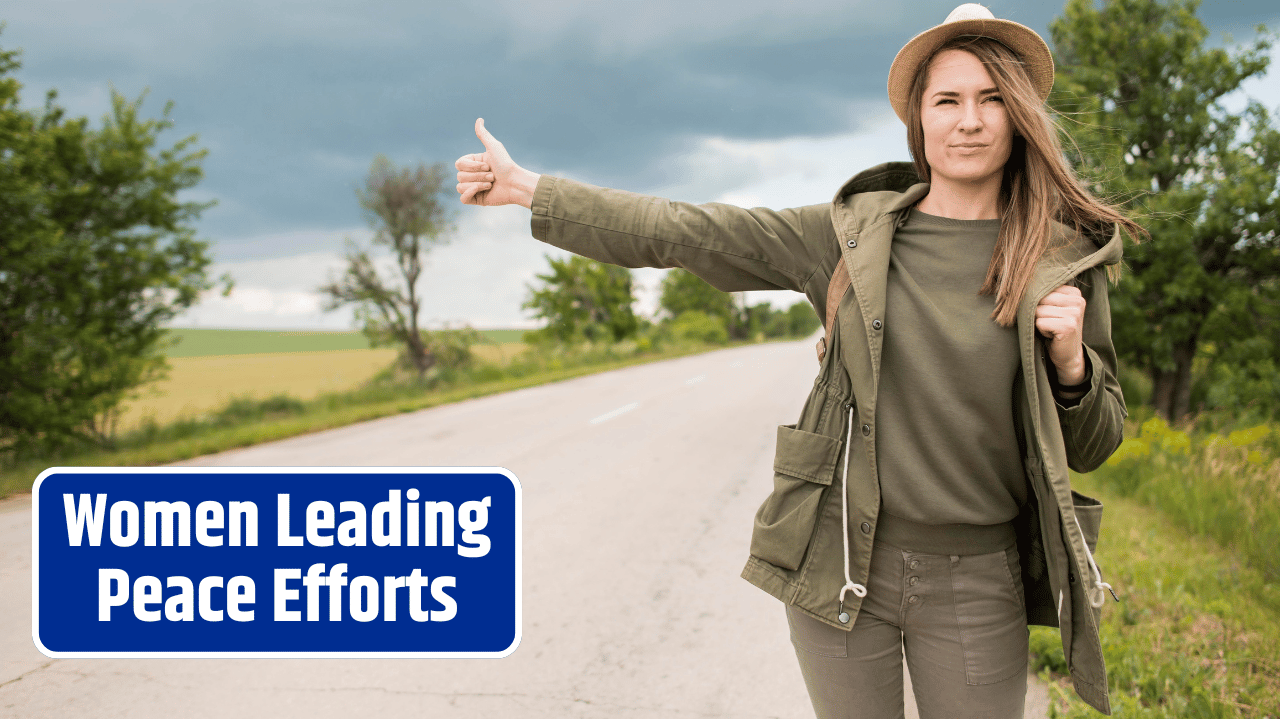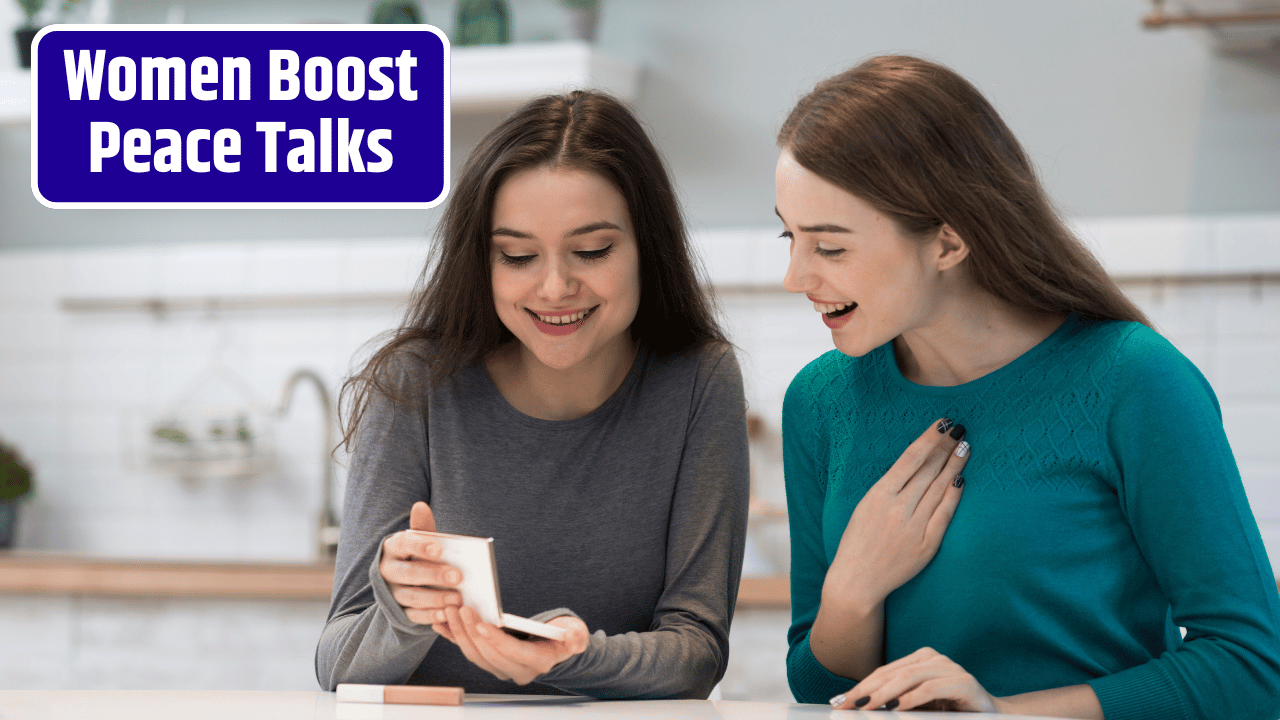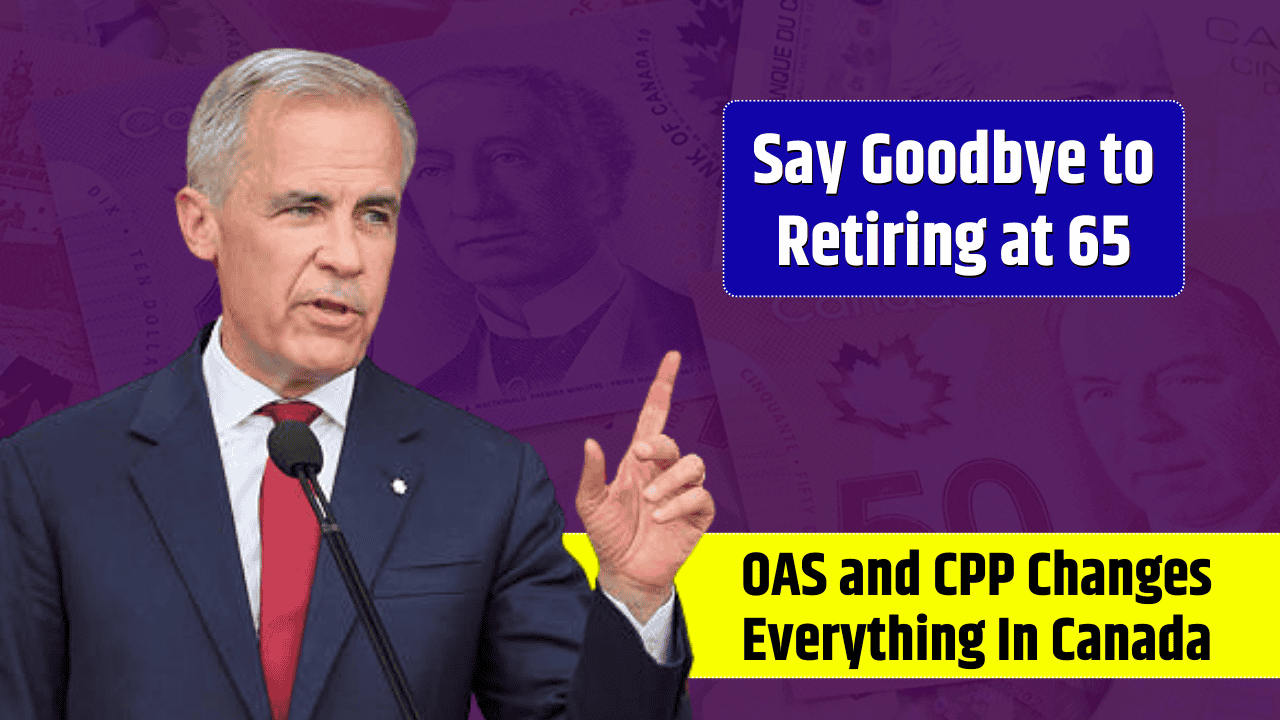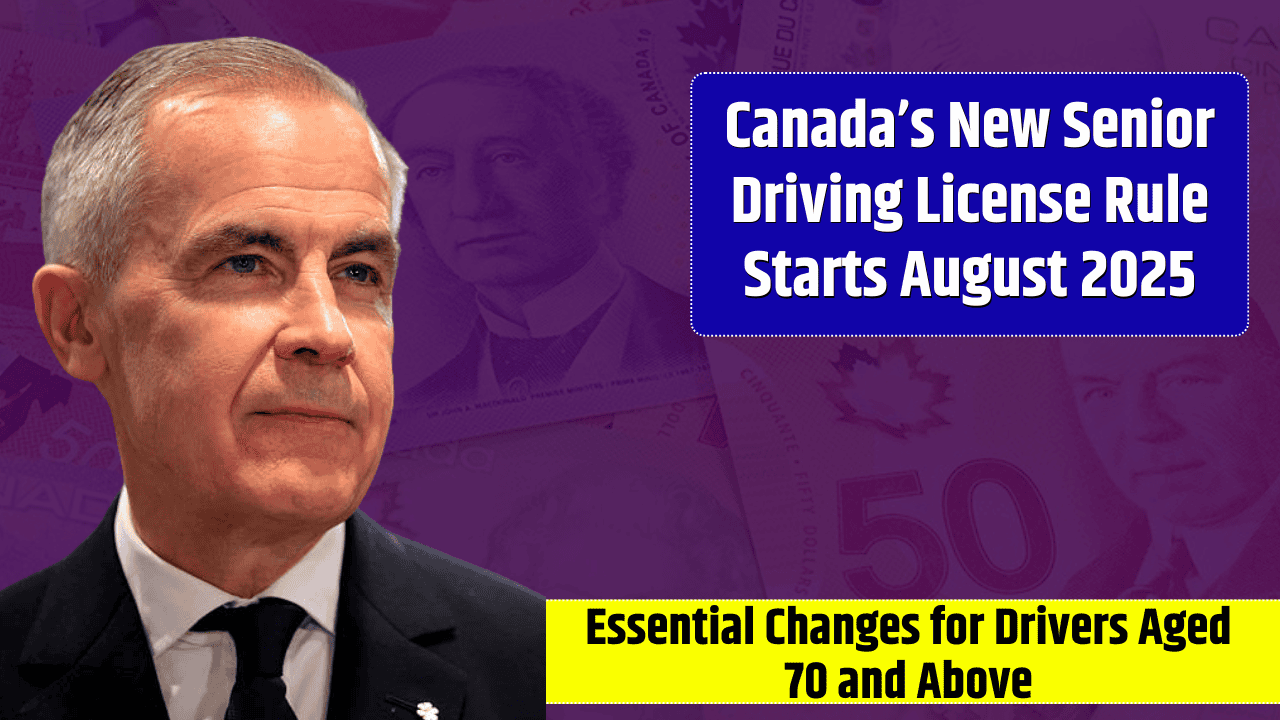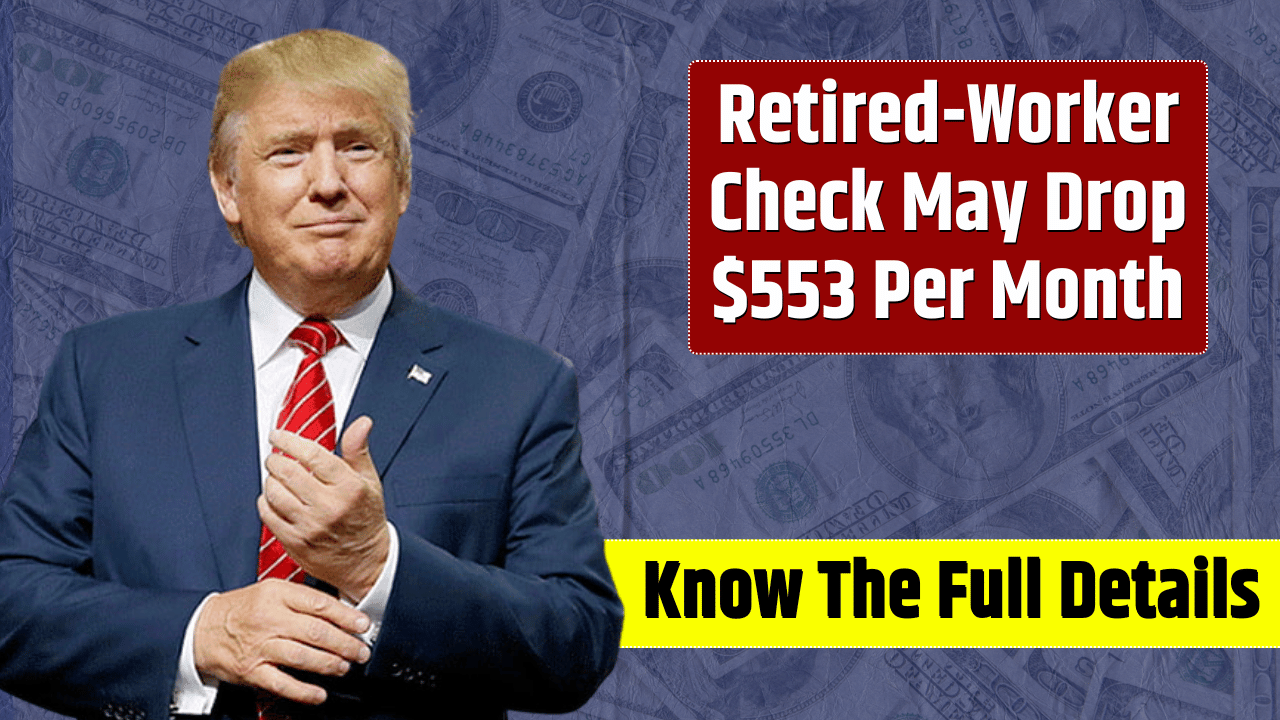It’s a story as old as diplomacy itself. Armed men decide when the guns go silent, and everyone else cleans up the mess. But now, an international coalition of NGOs is saying: enough. Not next year. Not “after the conflict ends.” Now.
Table of Contents
Who’s Making Noise?
The newly formed coalition—made up of over 60 international and grassroots NGOs—just dropped a firm and frankly overdue demand: women must be central, not symbolic, in global peace negotiations.
Some big players are involved here. Think names like:
- International Crisis Group
- Women’s International League for Peace and Freedom (WILPF)
- Oxfam International
- Search for Common Ground
- Saferworld
They’re joined by a chorus of local women-led organizations from conflict-heavy regions like Yemen, Ethiopia, Myanmar, and Ukraine. That last bit? Crucial. Because the point isn’t just global solidarity—it’s about putting power where it belongs: in the hands of the women already doing the work on the ground.
This Isn’t About “Representation”
Let’s be crystal clear. The coalition’s call isn’t for token seats or PR-friendly photo ops. They’re asking for:
- Binding commitments to include women in all formal peace processes.
- Dedicated funding for women-led mediation efforts.
- Protection guarantees for female negotiators and civil society reps.
- Transparency in how delegates are selected—and who gets left out.
This isn’t a soft ask. It’s a full-on demand letter—sent to the UN Security Council, regional bodies like the African Union and ASEAN, and national governments involved in ongoing conflict negotiations.
But Why Now?
Honestly? The timing couldn’t be more urgent.
The world is juggling multiple active conflicts—from Sudan to Gaza, from Haiti to Myanmar. And while peace talks are (finally) on the table in some regions, the usual pattern is playing out: rooms filled with ex-warlords, generals, and male politicians. Women? Not even on the invite list.
Meanwhile, it’s women’s organizations running trauma centers, negotiating ceasefires at the village level, reintegrating ex-combatants, and feeding entire displaced communities.
Yet when the media lights flip on and it’s time for “real” negotiations? Crickets.
The Data Speaks. Are Leaders Listening?
This isn’t just about fairness. It’s smart policy. A 2015 UN study showed that peace agreements with women at the table are 35% more likely to last 15 years or more. Thirty-five percent.
And yet, since 1992, only 13% of negotiators and 6% of signatories in major peace processes have been women.
Let that sink in.
| Metric | Percentage |
|---|---|
| Women as peace negotiators (since ’92) | 13% |
| Women as peace agreement signatories | 6% |
| Increase in durability with women involved | +35% |
If peace were a startup, you’d want the best possible team. But the current model? It’s like building an app and leaving out your best coder because… tradition.
It’s Not Just About Seats. It’s About Shaping the Agenda.
When women are included in negotiations, the conversation shifts. Issues like education, healthcare, sexual violence, and economic recovery take center stage—not just ceasefires and land deals. And those are the things that actually keep peace alive after the ink dries.
Exclusion isn’t just a gender issue—it’s a strategic failure.
From the Field: Voices You’re Not Hearing
Fatima, a peace mediator from Yemen, summed it up in the coalition’s release:
“We are trusted by our communities. We negotiate daily. Yet when peace talks begin, they fly in men from abroad who haven’t set foot in our neighborhoods for years.”
Or consider Darya from Ukraine:
“We’ve helped evacuate civilians, document war crimes, and broker local ceasefires. But we still have to fight for a badge to enter the peace forum.”
These aren’t fringe stories. They’re the frontlines of peacebuilding—and they’re being ignored.
What’s Next?
The coalition plans to take its campaign global—think pressure at upcoming UN General Assembly meetings, G20 side events, and national lobbying efforts. They’re also launching a digital campaign under the hashtag #SheBuildsPeace to gather public support and hold institutions accountable.
This time, they’re not asking politely.
FAQs
What is the International NGO Coalition for Women in Peacebuilding?
A group of over 60 NGOs pushing for systemic inclusion of women in all global peace negotiation processes.
Is this tied to UN Resolution 1325?
Yes. The coalition is calling for renewed enforcement of the Women, Peace & Security agenda passed under UNSCR 1325 (which, by the way, turns 25 soon—time to stop celebrating and start delivering).
Are governments responding?
A few have. Canada, Sweden, and Kenya have voiced tentative support. But actual changes in negotiation structures? Still TBD.
What can individuals do to help?
Share the campaign, call on your representatives to support inclusive peace policy, and donate to women-led peacebuilding orgs.
Does this mean excluding men?
Not at all. It’s about inclusion, not replacement. Peace takes all hands—but all hands means all.

